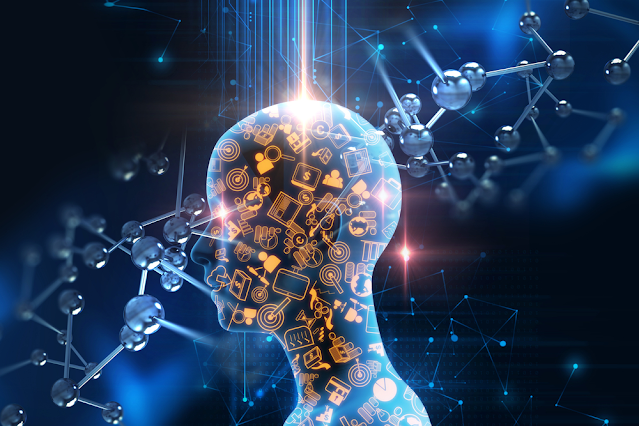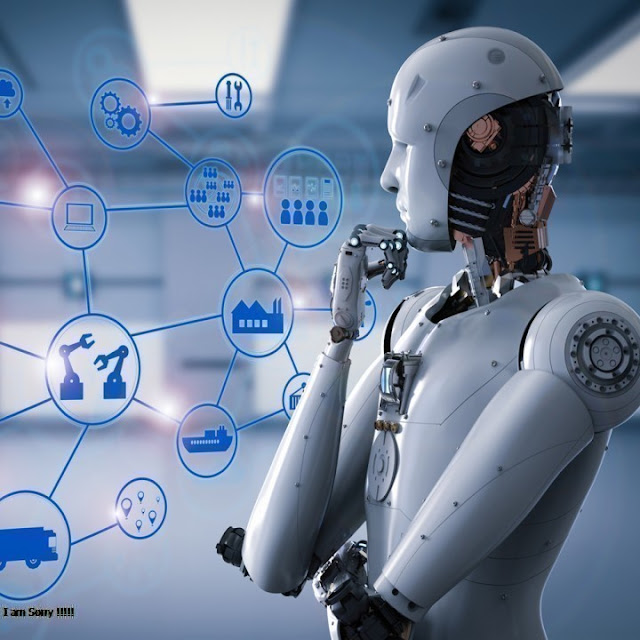Google AI DeepMind Successfully Diagnoses Genetic Diseases
In a groundbreaking development, Google's DeepMind AI research team has achieved a significant milestone in the field of genetic medicine. Through extensive research and advanced artificial intelligence algorithms, DeepMind believes they have successfully identified approximately 89% of crucial genetic mutations, providing new hope for the early diagnosis and treatment of genetic diseases. This achievement represents a significant leap forward in the realm of medical science and underscores the potential of AI in revolutionizing healthcare.
The Challenge of Genetic Diseases:
Genetic diseases, often caused by mutations in an individual's DNA, have posed significant challenges for medical professionals for decades. Diagnosing these conditions accurately and early is critical for effective treatment and management. However, the complexity of the human genome, consisting of over 20,000 genes and countless possible mutations, has made this task daunting.
DeepMind's Pioneering Approach:
DeepMind, a subsidiary of Alphabet Inc. focused on artificial intelligence research, has long been at the forefront of AI applications in healthcare. They set their sights on tackling the complexities of genetic diseases by leveraging machine learning and data analysis.
1. Massive Data Analysis: DeepMind's AI systems ingested vast amounts of genetic data, including DNA sequences, clinical records, and medical literature. The ability to process such extensive datasets is a unique strength of AI, enabling it to recognize patterns and connections that might elude human experts.
2. Advanced Algorithms: DeepMind's researchers developed state-of-the-art algorithms that could scan and analyze genetic sequences at an unprecedented scale and speed. These algorithms were trained on diverse genetic data to become more accurate over time.
3. Cross-referencing: The AI system cross-referenced genetic data with clinical records to identify correlations between specific genetic mutations and the development of diseases. This allowed for the identification of previously unknown genetic markers associated with various conditions.
4. Real-world Testing: The DeepMind team collaborated with medical institutions worldwide to validate their findings through real-world patient data. This step was crucial in ensuring the accuracy and reliability of their AI-driven diagnoses.
The Impressive Results:
After years of research and development, DeepMind's AI system demonstrated an astonishing success rate of approximately 89% in identifying crucial genetic mutations related to various diseases. This level of accuracy opens up new avenues for early diagnosis, personalized treatment plans, and genetic counseling for affected individuals and their families.
The Significance for Medicine:
DeepMind's achievement has far-reaching implications for the field of medicine:
1. Early Detection: Early detection of genetic diseases can lead to more effective interventions and therapies, potentially saving lives and reducing the burden on healthcare systems.
2. Precision Medicine: AI-driven genetic analysis allows for the development of tailored treatment plans, maximizing the effectiveness of therapies while minimizing side effects.
3. Scientific Discovery: The identification of new genetic markers may spur further research into the underlying mechanisms of diseases, potentially leading to breakthroughs in treatment and prevention.
4.Global Impact: The accessibility of AI-powered genetic diagnosis could extend healthcare capabilities to regions with limited resources and expertise.
Challenges and Ethical Considerations:
While DeepMind's accomplishment is undoubtedly remarkable, it raises important ethical and privacy considerations. The responsible use of genetic data and ensuring that AI diagnoses are integrated into a robust healthcare system are essential steps moving forward.
Google's DeepMind AI research team's success in diagnosing genetic diseases represents a monumental leap forward in the application of artificial intelligence to healthcare. By identifying crucial genetic mutations with an impressive 89% accuracy rate, DeepMind has paved the way for earlier and more precise diagnosis, personalized treatment, and scientific discovery in the realm of genetic medicine. As this technology continues to develop, it has the potential to transform the way we approach and combat genetic diseases, offering new hope to individuals and families affected by these conditions worldwide. However, it is crucial to navigate the ethical and privacy challenges associated with such advancements, ensuring that AI is used responsibly for the benefit of all.



Comments
Post a Comment